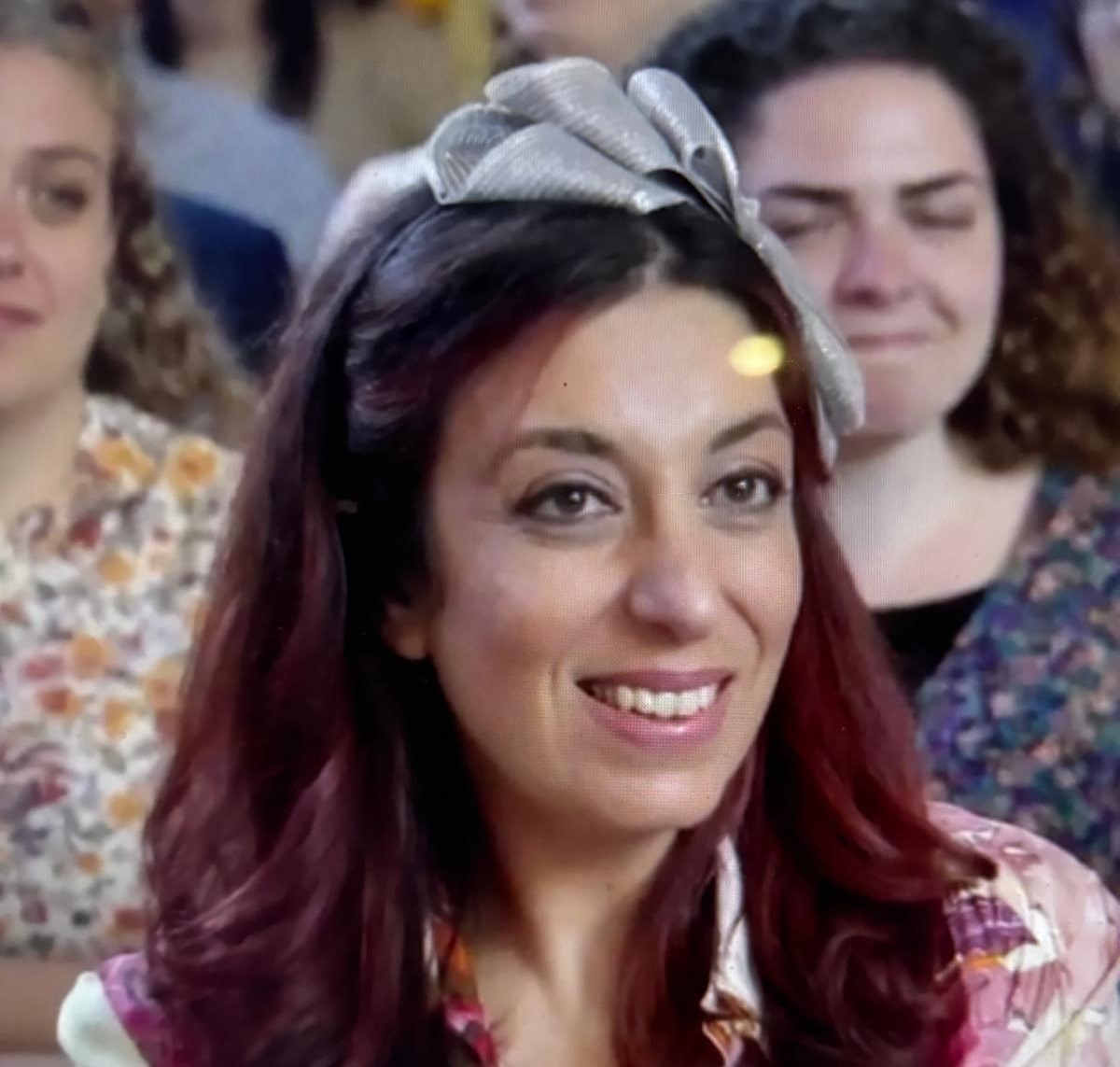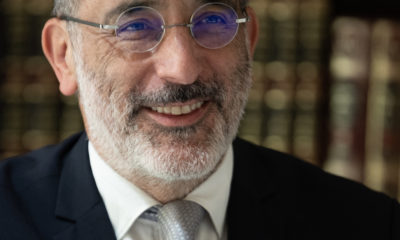
Religion

A time of reckoning and reconciliation
My chevruta Miriam sent me a book she thought I would relate to called We Were the Newmans. This fictional novel by Beverley Lester tells the story of a Joburg Jewish family in the 1970s that meets a tragic end. The protagonist Ruth’s father runs into business trouble and, in a fit of insanity, kills his wife and two young sons. Ruth leaves South Africa to return only many years later, during the Truth and Reconciliation Commission, where she helps victims of apartheid’s violence prepare for the truth and forgiveness process. Ruth rallies against glib forgiveness and asks difficult questions about justice. She burns with anger towards her father and is unable to find any equanimity or forgiveness. So corrosive is her anger that she ends up stabbing her father. But what brought me to tears at the end of the book was that after the stabbing and the moments of reckoning and justice, there is a deep, authentic reconciliation between her and her father as they take a trip together to the Karoo.
In the Gemara of Rosh Hashanah, our rabbis explore why we don’t recite Hallel on the new moon of Tishrei, Rosh Hashanah. In an answer that opens up the themes of the day, Rabbi Abbahu reminds us that Rosh Hashanah is not a day for frivolity. He exclaims: G-d is sitting on the throne of justice and opening the book of life and death and the Jewish people are reciting songs of praise around him? Rabbi Abbahu is sensitive to tone – he makes it plain that Rosh Hashanah is a time of seriousness, grave matters hang in the balance. It’s not a time for the Jewish people to be having a party. However, in the Resisei Layla, the 19th century Rabbi Tzadok Hakohen of Lublin makes an alternative claim. He says Rosh Hashanah is the time when we use the shofar to shift G-d from the throne of justice to the throne of compassion. He says we do this through the shofar. We usually think of the shofar as that which awakens humans to Teshuvah, but according to Rav Tzadok, the shofar plays another role. It tricks G-d into shifting from justice to compassion and can open up an even deeper level of divine mercy in G-d. For Rav Tzadok, Hallel is not a diversion from the themes of the day, it’s just that the shofar does what Hallel would do, and more.
Rabbi Abbahu’s claim that this time of year is serious aligns with what we know of Rosh Hashanah. It’s a time of reckoning, a period of serious reflection where we contemplate our year ahead. When we consider that Rosh Hashanah last year preceded a Simchat Torah that has changed our Jewish world, we may well be inclined to sit with Rabbi Abbahu and tremble as we move to Rosh Hashanah. We never know what awaits us. But Rav Tzadok did not live in an easier or less complex time, yet he insisted that Rosh Hashanah is about compassion. We don’t have Hallel because the shofar is our Hallel.
This brings me back to Ruth Newman. She so wisely shows us that there is no simple line from violation to forgiveness. When we mess up – in relation to another human being, in relation to G-d, in relation to ourselves – we need to take steps to redress. We can’t just melt into sugar and sweet-nothings. Forgiveness is not maple syrup! Ruth takes us into anger and her longing for vengeance, which she actually acts out. However, even for Ruth, beyond the longing for justice, behind that curtain, there is something else, the longing for reconciliation, love and deep connection. Therefore, to my mind, Rabbi Abahu and Rav Tzadok are both right. There is deep reckoning. And beyond that, there is great love.
It has now been two years since I left my beloved South Africa and built a new life in a new community. In that time, I became a rabbi and the Jewish world has erupted into a new kind of sorrow. The deeper reason that We Were the Newmans moved me so much is that South Africa remains a place with lessons for me and for Jewish people, soul lessons that uncannily mirror the stories of our Jewish people. The current government’s attitude to Israel has made it difficult for Jewish people to embrace and feel embraced by South Africa right now. But it would do us well to remember that the essential story of apartheid being overthrown and the questions of racial equality, justice and forgiveness are poignant, profound and rich soil in which to grow Jewish life and meaning. South Africa’s story enriches the ethical and spiritual fibre of our community. Let us remember this influence of the deeper South African story on our Jewish neshamot this Rosh Hashanah.
- Adina Roth is a South African rabba and director of Jewish Life at Emanuel School in Australia.










